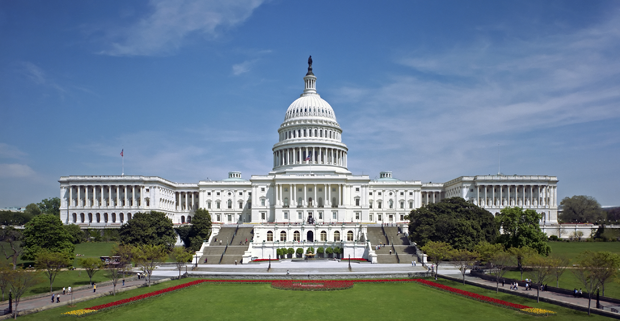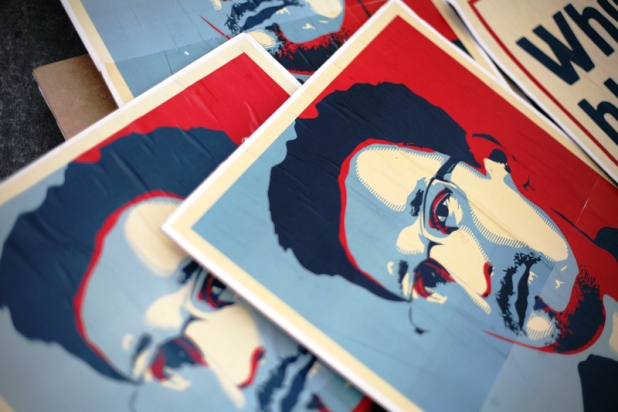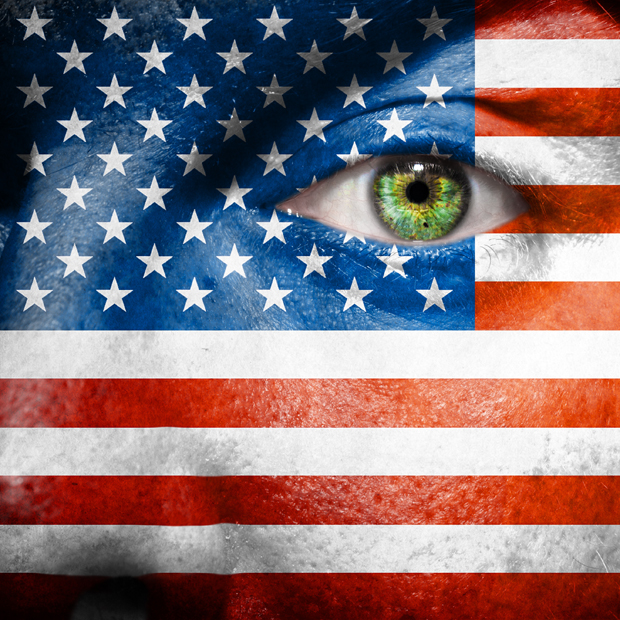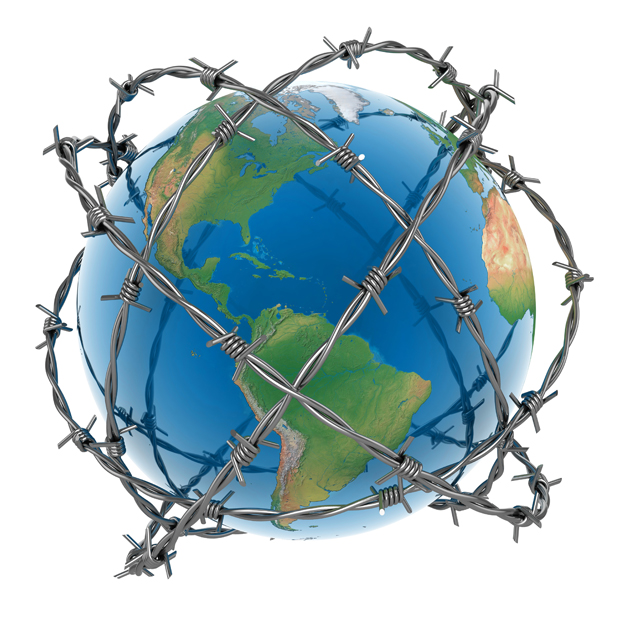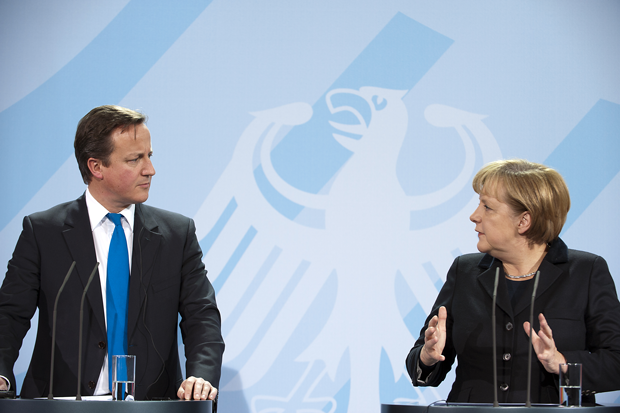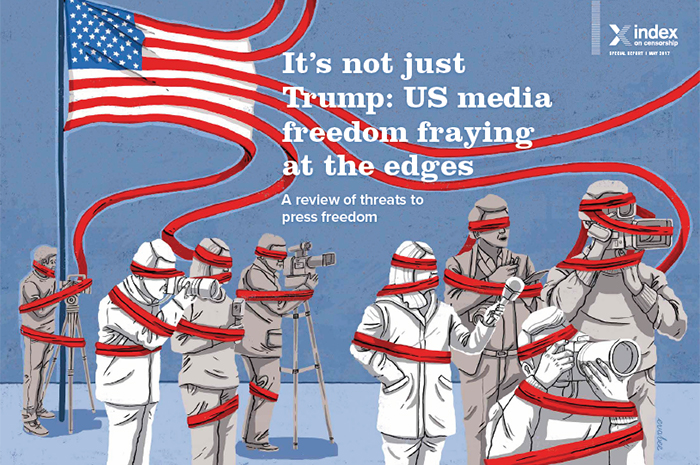Josh Stearns of Free Press argues the proposed US press shield bill could be greatly strengthened and simplified by defining journalism as an act, a process that anyone can participate in, instead of a profession limited to a few practitioners.
CATEGORY: United States
Mass surveillance sparks investigative journalism renaissance
The mass surveillance scandal has sparked an investigative journalism renaissance with virtually every major news organisation in the United States—not just the keepers of the Snowden files—getting in on the act. Trevor Timm writes
Seven politicians who take themselves way too seriously
After news agency AFP attempted to retract an unflattering photo of Francois Hollande, we look at politicians who have tried to censor images that make them look a bit silly
United States: Free expression constrained by cultural and political factors
Freedom of expression is generally protected in the US, but political, legal, economic and cultural factors continue to constrain this fundamental right.
Bringing global human rights into the surveillance debate
Surveillance strikes at the heart of global digital communications and severely threatens human rights in the digital age. Leslie Harris, president and CEO of the Center for Democracy & Technology writes
Mass surveillance or just Big Data?
States, and companies, collecting huge amounts of data on people and populations around the world. Is this a mass surveillance nightmare – the digital Stasi roaming free – or just big data and we should get over it? Kirsty Hughes writes
Can we change how we talk about the web?
If we want the web to be a positive place for young people, we need to start talking about the positive things that happen there, says Padraig Reidy
Europe divided over mass surveillance?
Is there enough common ground between German, UK or even Russian politicians to push for real changes in US (and UK and French) snooping? Kirsty Hughes writes
Judge upholds reporter’s right to protect sources
Washington Times reporter Bill Gertz faces the possibility of a grand jury subpoena despite a Californian federal judgment supporting his right to...
Smears about the media made by US President Donald Trump have obscured a wider problem with press freedom in the United States: namely widespread and low-level animosity that feeds into the everyday working lives of the nation’s journalists, bloggers and media professionals. This study examines documented reports from across the country in the six months leading up to the presidential inauguration and the months after. It clearly shows that threats to US press freedom go well beyond the Oval Office.
“Animosity toward the press comes in many forms. Journalists are targeted in several ways: from social media trolling to harassment by law enforcement to over-the-top public criticism by those in the highest office. The negative atmosphere for journalists is damaging for the public and their right to information,” said Jodie Ginsberg, CEO at Index on Censorship, which documented the cases using an approach undertaken by the organization to monitor press freedom in Europe over the past three years. Learn more.

